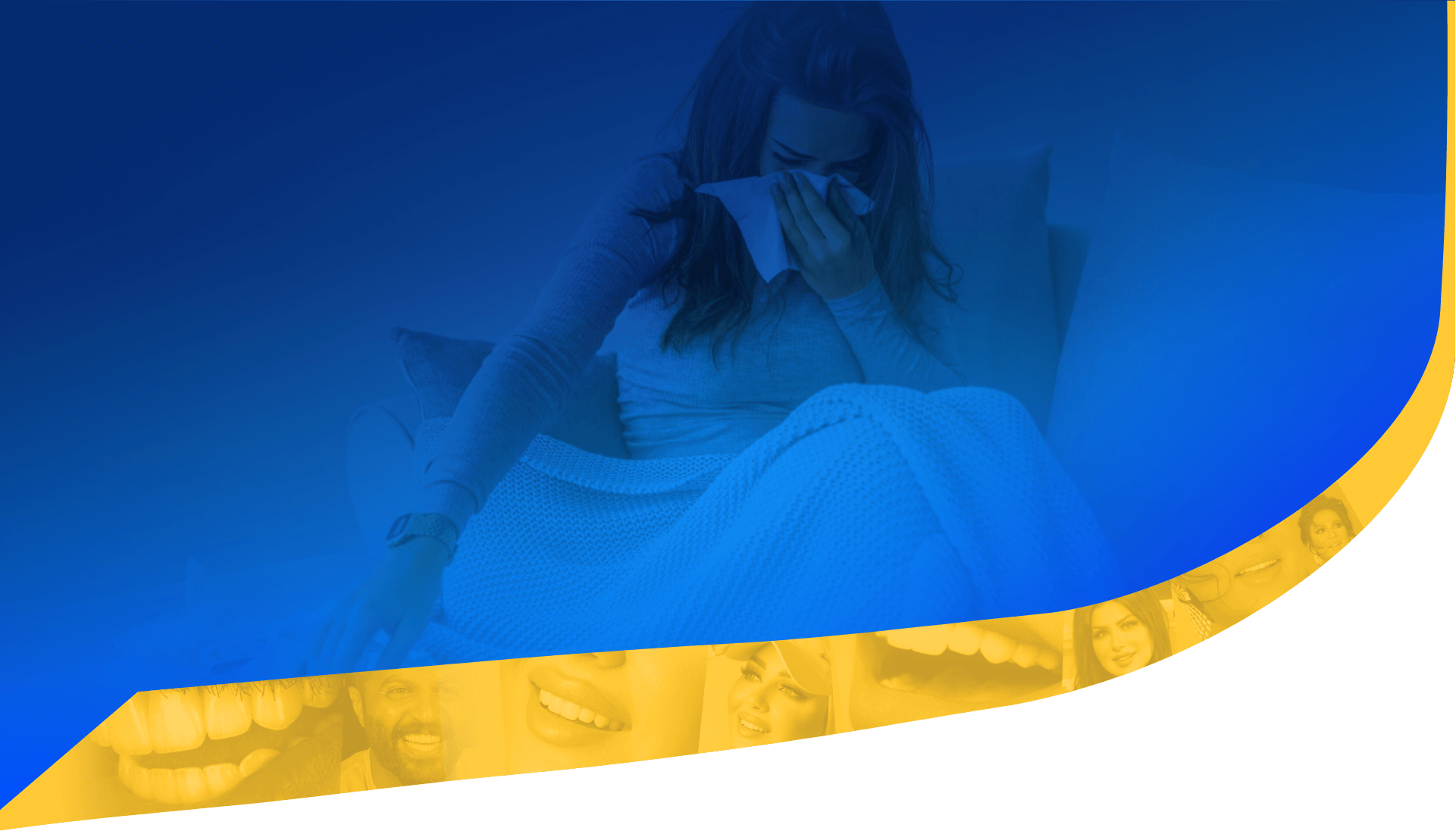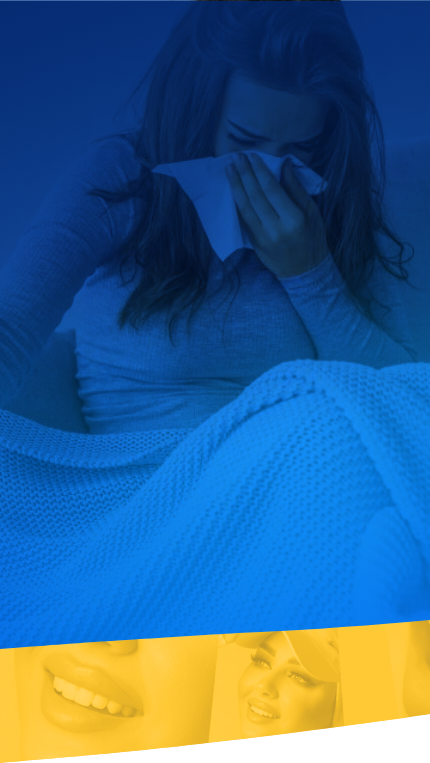Infants and Newborns

Breastfeeding is the best way to feed a child during the first six months of life, as breastfeeding has been shown to have many benefits for both mother and child, especially if the mother continues to breastfeed her baby during the first year to the age of two. The latest studies have shown that some unborn babies have contracted tooth decay as a result of artificial feeding.
How can I prevent my child from getting tooth decay when he is fed milk from the bottle?
What feeds your child of food or drink is also what feeds the natural bacteria that live in his mouth.
These bacteria convert sugars in milk and juice into strong acids that can destroy the baby's tooth enamel if they continue to be taken without care.
What can I do to prevent my child from tooth decay:
Baby tooth decay can be prevented in one of two ways:
- First: Strengthening tooth enamel
- Second: Reducing the constant exposure of teeth to harmful acids.
The ratio of tooth strengthening, the fluoride in toothpaste can help with this. As for reducing exposure to acids, the saliva you see that occasionally flows from your baby's mouth helps prevent prolonged exposure to destructive acids in your teeth. Saliva enzymes convert sugar in milk and juice into safe substances that do not affect the teeth. The movement of saliva inside the mouth also works to wash teeth.
The real problem lies when you sleep where the production and swallowing of saliva decreases. Thus, the remaining fluid in the mouth accumulates next to the teeth, and over time the tooth enamel decomposes.
It will greatly help to provide your baby with a feeding date so that he or she is awake for at least 15 minutes after finishing his meal before he sleeps to protect his teeth significantly.
Some children enjoy sucking their fingers to prepare themselves for bed. For them, a medical lollipop or a bottle of water can comfort them and prepare them for sleep immediately before the water runs out, which helps to clean the mouth.
But for many other children whose eating is the only way to keep them sleepy and then sleep, gently brushing their teeth becomes of great importance to this group of children. Brushing teeth during a baby's sleep saves their teeth from caries attack for long hours during sleep. This procedure should be done if your child sleeps within the first 15 minutes after eating.
When you are allowed to walk around with the bottle, you can develop tooth decay caused by using a bottle of milk. The American Pediatric Association recommends that parents give a bottle of milk only during meal times or administer medication, but not use it as a sedative lollipop.
Some may not realize the importance of a child's teeth being free of caries. It should be noted that these teeth are what the child will have during the early years of life when his personality and self-concept are formed. A child's teeth are also more fragile than permanent teeth and are therefore more prone to caries. As is known, caries are a contagious disease and are transmitted from one age to another. Since some lactic teeth do not fall down until the age of 12. So their decay becomes a real problem. Decay (transmission) will spread from the child's rapidly decaying teeth to the permanent teeth and begin to suffer.
How and when I can start teaching my child oral and dental hygiene guidelines:
Teaching the child proper oral and dental care methods when they are small is an important health investment for life. Mom should be the role model for her child. This is the best way to teach the child to take care of his teeth. Because if she takes care of the cleanliness of her teeth on a regular basis, she will show him the importance of oral and dental hygiene indirectly.
The American Pediatric Association recommends that you start cleaning a child's teeth at least once a day as soon as his teeth appear. Gently cleaning your baby's gums helps avoid gum disease later, as well as preparing gums when teething. Use a small amount of baby toothpaste on a soft toothbrush for children or a soft gauze piece when your baby's teeth start to protrude.
Cleaning your baby's teeth is an expression of your love for him. Healthy-toothed children can chew food easily, learn to speak clearly, and smile confidently for you and the whole world.
What is the most suitable age to take your child to the dentist:
Dentists recommend taking the child for the first time when he or she reaches the age of year. It is true that this age seems a little early, but the early visit has many positive effects. Studies have shown that children who are taken to the dentist before the age of one are not afraid of the dentist.
The reason for this is that the first visit at this age is usually amusing and comfortable and does not involve exposing the child to the needle or annoying drilling tools. This first date gives a positive impression on the child from the dentist and hides this impression in the child's subconscious mind. So a large proportion of fear fades. However, if the child's first appointment is to make a filling in the tooth or to take off the tooth, the doctor will have to give the child an anesthetic needle and the shape of the dentist is associated with the needle and pain.














comment